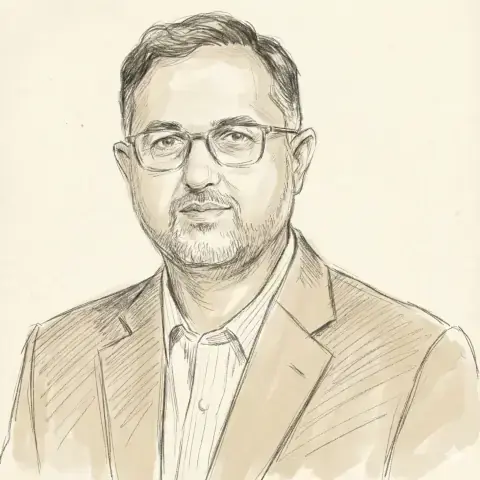ISLAMABAD: President Asif Ali Zardari on Tuesday reaffirmed Pakistan’s commitment to enhancing regional connectivity, highlighting the country’s strategic role in fostering economic integration.
Speaking at the ‘International Conference on Regional Connectivity & Pakistan: Emerging Opportunities’, organised by the Pakistan-China Institute, he outlined a three-pronged vision for the nation’s involvement in regional connectivity: linking Central Asian states through Gwadar, positioning Pakistan as a trade bridge between East and West, and leveraging deep-sea ports of Gwadar and Karachi and Port Qasim to boost maritime trade.
Gwadar is no longer a promise, it is a reality, and the port city is set to become the beating heart of regional trade, investment, and logistics, he said.
Balochistan CM Sarfraz Bugti emphasised Gwadar’s growing importance as a trade and logistics hub, stressing its role in driving regional connectivity and economic growth. He called on international stakeholders to invest in Gwadar’s logistics, energy, and industrial sectors. “CPEC is not just an economic corridor; it is a lifeline for Balochistan,” he said.
Says Gwadar now transformed into regional trade hub
Senator Mushahid Hussain Sayed, chairman of the Pakistan-China Institute, highlighted Pakistan’s role as a connectivity hub linking South Asia, China, Central Asia, and the Gulf. He cited CPEC’s success, which has attracted $26 billion in investments, as a driving force behind Pakistan’s economic transformation.
He also pointed to Quaid-i-Azam’s vision of Pakistan as the pivot of the world while acknowledging challenges such as the Jammu and Kashmir dispute and projected population growth, which could reach 350 million by 2050.
He identified three emerging realities influencing Pakistan’s regional connectivity: emergence of Gwadar as a regional hub, shifts in South Asia, and evolving global dynamics following new US administration under President Donald Trump taking office in Washington DC.
Minister of State for Finance Ali Pervez Malik emphasised the need for deeper economic integration and highlighted Pakistan’s role as a trade and investment bridge between East and West.
Former US Assistant Secretary of State Robin Raphel underscored Pakistan’s strategic location as crucial for securing supply chains across Asia and Europe.
The conference also marked the launch of the book Karot Hydropower Project Insights & Success, documenting Pakistan’s first large-scale CPEC hydropower project. The Pakistan-China Institute unveiled two reports: ‘CPEC: Fact vs Fiction’ and ‘The Religious Tourism Supply Chain Along the Sukkur-Multan Motorway in Pakistan: A Case Study’.
Published in Dawn, February 19th, 2025
































